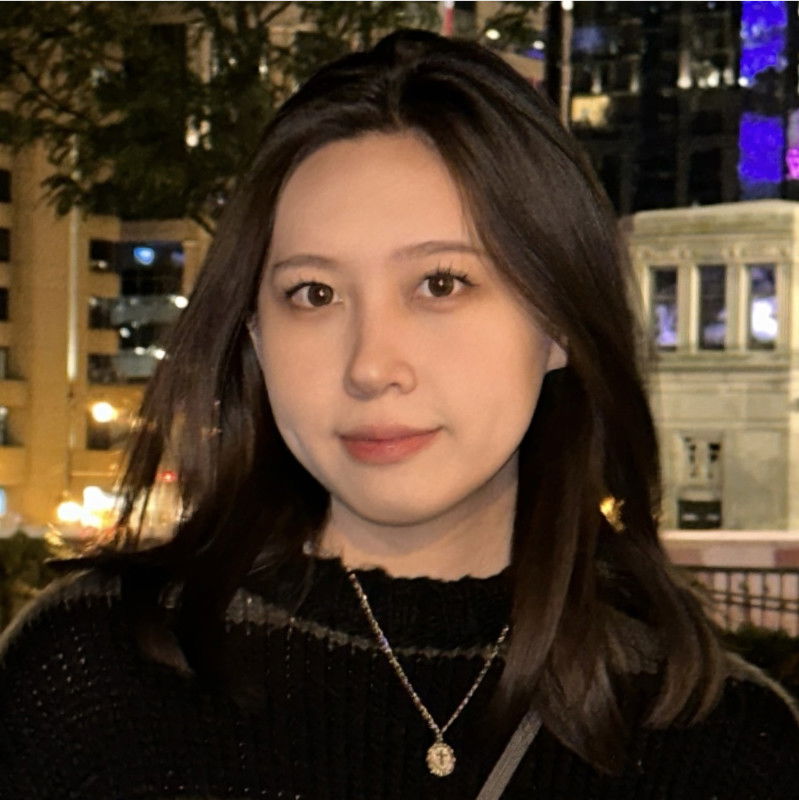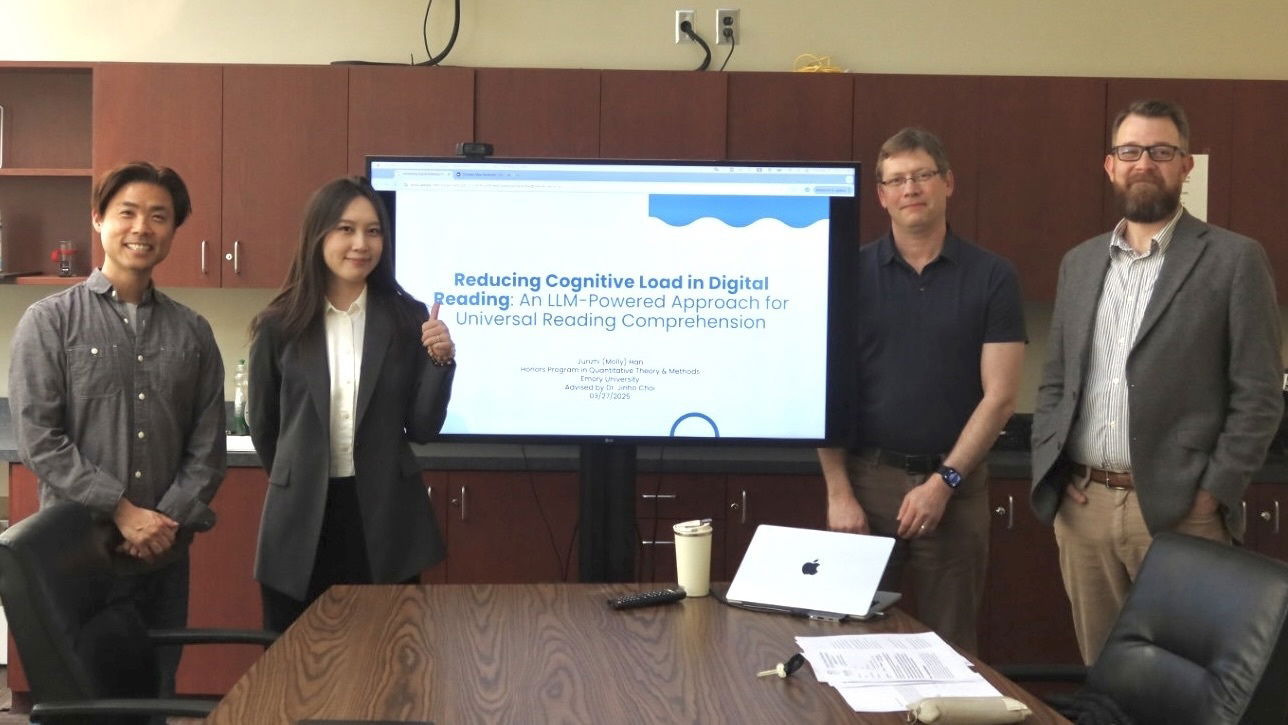Honors Thesis 2025 - Molly Han

Reducing Cognitive Load in Digital Reading: An LLM-Powered Approach for Universal Reading Comprehension
Molly Han
Highest Honor in Quantitative Theory and Methods
Abstract
Large Language Models (LLMs) have emerged as a transformative force in technological development over the past few years. These models have been widely integrated across educational, research, and business applications, serving as tools to enhance learning, a source of curiosity for research exploration, and streamline business operations in both internal and customer-facing systems. While LLMs offer diverse capabilities, one of their most sought-after application across all different sectors has been their potential to provide precise, contextual information and insights from domain-specific knowledge bases. In this context, Retrieval-Augmented Generation (RAG) has emerged as the leading framework for leveraging LLMs’ capabilities while maintaining accuracy and reliability.
To advance the understanding and development of successful retrieval-augmented generation systems, we examine various components to identify essential elements and potential performance improvements across different methodologies. Through collaboration with Hyundai, we develop a low-resource domain retrieval-augmented generation system designed to answer questions about automotive safety collision tests using information from multimodal slides. Our approach introduces a novel, language model-centric data processing pipeline that effectively transforms slide information into textual content suitable for retrieval and answer generation. We evaluate the performance of different state-of-the-art retrieval-augmented generation frameworks on our processed data, as well as different variations of embedding models. To assess our system’s effectiveness, we generate synthetic question-answer pairs from our refined data to test the accuracy of different retrieval models. Furthermore, we create additional synthetic question-answer pairs specifically targeting the multimodal table and chart information extracted from the slides. Our findings indicate that utilizing fine-tuned embedding models and language models with the original retrieval- augmented generation framework achieves the highest accuracy. We conclude by outlining next steps to encourage research toward developing open-source retrieval- augmented generation frameworks for low-resource domains.
Department / School
Computer Science / Emory University
Degree / Year
BS / Spring 2025
Committee
Jinho D. Choi, Computer Science, Emory University (Chair)
Alex Grizzell, Neuroscience and Behavioral Biology, Emory University
Gordon Berman, Biology, Emory University
Emily Wall, Computer Science, Emory University
Links
Anthology | Paper | Presentation

Jinho Choi, Molly Han, Gordon Berman, Alex Grizzell